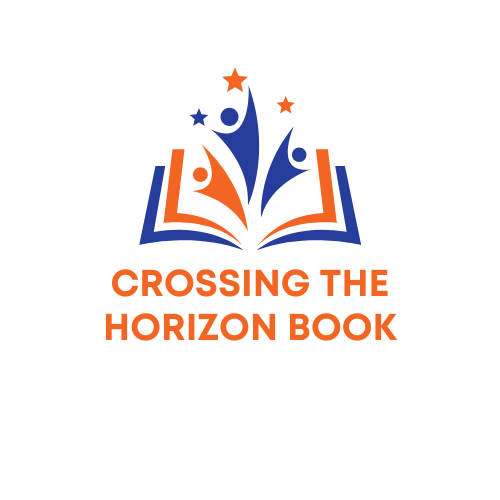Table of Contents
ToggleNavigating the choppy waters of relationships can feel like trying to solve a Rubik’s Cube blindfolded. With emotions running high and communication often misfiring, it’s no wonder many people turn to unconventional sources for guidance. Enter relationship advice AI—the digital Cupid ready to shoot arrows of wisdom straight into the heart of your dilemmas.
Imagine having a witty sidekick that never judges, always listens, and offers tailored advice at the tap of a finger. Whether it’s decoding cryptic texts or figuring out why your partner suddenly prefers pineapple on pizza, these AI tools are here to help. So why not let technology take a swing at your love life? After all, even the best relationships could use a little extra support from a savvy algorithm.
Understanding Relationship Advice AI
Relationship advice AI offers individuals tailored support in navigating emotional complexities. These tools analyze user input to deliver actionable insights that can positively impact relationships.
What Is Relationship Advice AI?
Relationship advice AI encompasses digital platforms designed to assist users with relationship challenges. These platforms use algorithms to interpret relationship dynamics, offering personalized suggestions based on specific situations. Users frequently engage with chatbots or virtual assistants that prompt them to share details regarding their experiences. Each interaction builds a clearer picture of relationship patterns, allowing AIs to provide relevant advice. This technology can help people better understand their partners’ behaviors and communication styles.
How It Works
Users typically begin by providing information about their relationship issues. After gathering details, relationship advice AI employs natural language processing to understand context and sentiment. Algorithms analyze this data and compare it with extensive databases of relationship research. Based on the analysis, the AI generates tailored recommendations that address each unique scenario. Continuous user feedback allows the AI to refine its advice over time, ensuring recommendations remain relevant and helpful. Such responsiveness enhances the user experience, facilitating personal growth and improved relationships.
Benefits of Using Relationship Advice AI

Relationship advice AI provides unique advantages that enhance personal relationships effectively. Users gain valuable tools to navigate emotional complexities and improve communication.
Accessibility and Convenience
Accessibility stands out as a key benefit. Anytime individuals face dilemmas, they can reach for their devices and access AI-driven support. Convenience matters; instead of waiting for scheduled therapy sessions, users receive instant guidance. Whether it’s late night or early morning, the AI is available, catering to varying schedules. No need for lengthy appointments or travel; just prompt assistance in the comfort of one’s home. Modern users benefit significantly from this immediate access, which fosters proactive steps towards better relationships.
Personalized Insights
Personalized insights tailor advice to individual needs. Each interaction refines the AI’s understanding based on shared experiences. By analyzing user inputs, the AI crafts recommendations specifically relevant to their circumstances. This approach ensures users receive actionable steps aligned with their unique relationship dynamics. Sentiment analysis further enhances this customization, allowing the AI to adapt its suggestions as emotions fluctuate. Continuous feedback mechanisms promote a cycle of improvement, allowing users to feel understood and supported throughout their relationship journeys.
Limitations of Relationship Advice AI
While relationship advice AI offers valuable insights, it also comes with significant limitations.
Lack of Human Empathy
AI systems lack true human empathy, which can impact the quality of advice provided. Emotional nuances often escape algorithms, resulting in responses that feel mechanical or superficial. Users seeking compassion may find the AI’s suggestions insufficient. Understanding complex emotional states requires human sensitivity, which AI simply cannot replicate. Conversations that demand empathy may not yield the support users expect. Consequently, some individuals may feel misunderstood despite the AI’s attempts to help.
Potential Misunderstandings
Misinterpretation is common with relationship advice AI, especially regarding user inputs. Inaccurate responses can stem from ambiguous language or incomplete information shared by users. Algorithms might misread the context, leading to inappropriate or generic suggestions. This disconnect can frustrate users and make them question the reliability of the AI’s guidance. Adjustments and clarifications are essential for better outcomes, but not all users provide thorough details. Unintended consequences arise when AI recommendation fails to align with specific relationship dynamics.
How to Choose the Right Relationship Advice AI Tool
Selecting the most suitable relationship advice AI tool requires careful consideration of specific features and user feedback. An informed choice leads to a more effective experience.
Key Features to Look For
Look for AI tools that provide personalized interactions based on user input. Also consider those with advanced natural language processing capabilities, as this enhances understanding of emotional context. An intuitive user interface that simplifies interactions can improve engagement. Real-time feedback mechanisms also matter; they allow for adjustments based on user satisfaction. Ensure that the AI offers tailored resources and exercises that align with users’ unique situations. A focus on privacy and data security should not be overlooked, protecting sensitive user information in the process.
User Reviews and Ratings
Examine user reviews closely, as they provide valuable insights into the AI’s effectiveness and user experience. High ratings often indicate reliability and satisfaction among users navigating complex relationship issues. Consider comments related to the AI’s empathy; this feedback highlights the tool’s ability to connect on a deeper level. Look for common themes in experiences shared by users; these can reveal strengths and weaknesses. Checking for updates and how the developers respond to feedback reflects a commitment to continual improvement and user care. User ratings play a significant role in making a confidence-driven choice.
Embracing relationship advice AI can transform how individuals navigate their romantic lives. These tools offer personalized insights that cater to unique relationship dynamics while providing instant support. Users can access valuable guidance anytime without the constraints of traditional therapy.
However it’s essential to remain aware of the limitations of AI. The lack of true human empathy can sometimes lead to unsatisfactory advice. By choosing the right AI tool and being mindful of its capabilities users can enhance their relationship journeys while fostering personal growth.
Ultimately relationship advice AI serves as a helpful resource in understanding and improving connections. With thoughtful engagement and realistic expectations users can harness technology to enrich their love lives.





